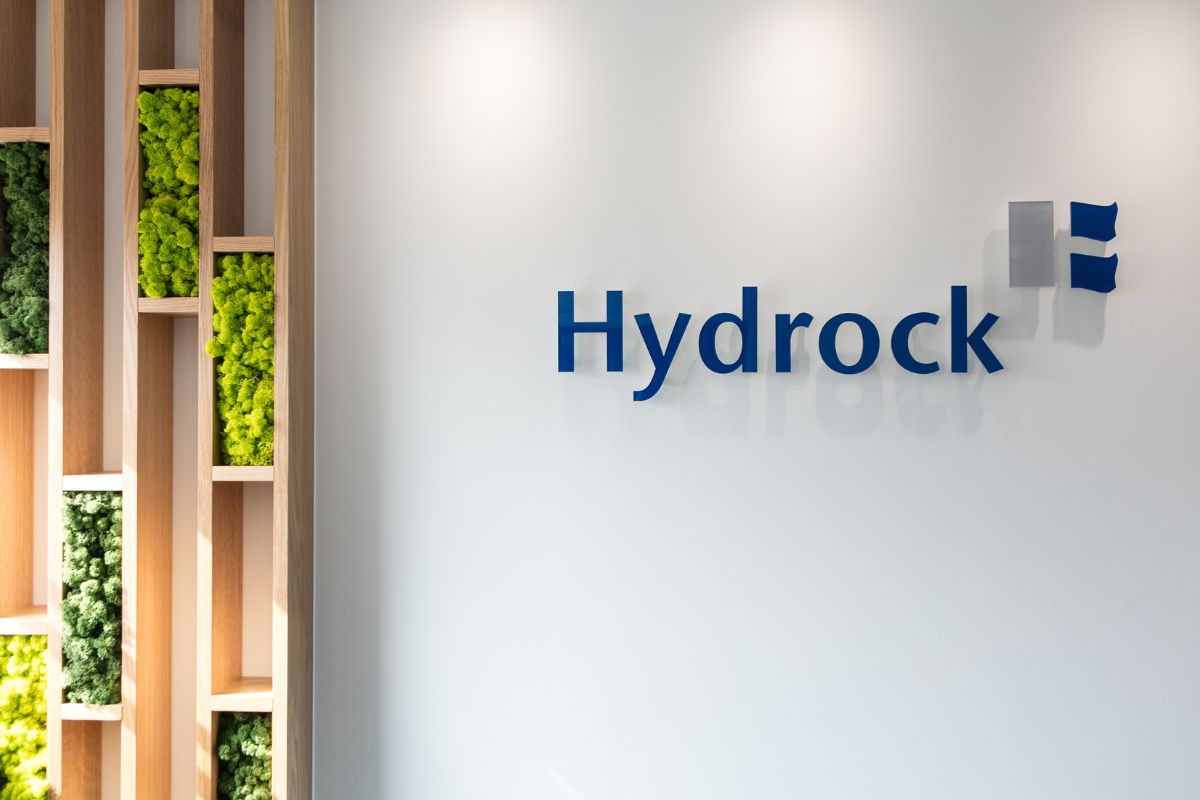Scotland: making small steps towards net zero in our housing stock
Scotland was one of the first countries to declare a climate emergency and is committed to reaching net zero emissions by 2045. To meet its targets, a rapid transformation across all sectors of our economy is required. This transition to net zero emissions will impact the lives of almost everyone in Scotland, which is why the Scottish Government is committed to a just transition that puts people and communities at the heart of its approach.
The Energy Efficiency Standard for Social Housing (EESSH) was introduced in 2014. It aims to maximise the number of social rented homes achieving Energy Performance Certificate rating of B by 2032, and requires that no social housing should be re-let if the rating is lower than EPC D from 2025, subject to temporary exemptions.
The electrification of heat and scaling up the installation of low carbon heating solutions, such as heat pumps, is a key part of the solution. There are currently barriers to uptake, with awareness and up-front cost being lead causes of hesitancy to adopt.
Social landlords may need incentivising to make expensive improvements to properties, while trust in technology and the supply chain is still being built. Meanwhile, their tenants may not be aware of the technologies available or lack confidence that they understand the benefits of renewable energy and energy efficiency measures.
The development of knowledge among the general public will create an additional pressure for landlords to act and here we see an encouraging trend. Energy Saving Trust conducts regular research on the barriers to adoption of low carbon heating system and energy efficiency, and we have recorded a rapid increase in householder’s awareness and understanding.
Running pilot projects and sharing learning can be helpful, but it is important to use references that don’t create more uncertainty. Referring to heat pumps and other renewable technologies, such as heat networks, as “new” or “innovative” can add to this challenge. These are established technologies - although not yet common in UK homes, where gas boilers are still the norm.
To address the cost barrier for social housing providers, the Scottish Government created the Social Housing Net Zero Heat Fund. This will deploy £200 million during the next five years to support social landlords across Scotland to install zero emissions heating systems and energy efficiency improvements across their existing housing stock. The focus of these funds will be zero emissions heating systems and fabric first efficiency projects to retrofit existing buildings. This kind of intervention both reduces upfront installation costs for early adopters and also supports the growth of the market. This in turn tends to bring down costs over time, making adoption cheaper for future adopters.
An additional obstacle to the widespread adoption of renewable heating is slow development of the supply chain. Ineffective installations have led to some negative perceptions of energy efficiency and net zero carbon heating among both landlords and residents. The development of a larger, more highly skilled workforce across the industry is vital to address these concerns; to include surveyors and designers as well as installers. Directly addressing this is the Scottish Government’s Sustainable Energy Supply Chain programme, managed by Energy Saving Trust, that advises businesses on training and certification and provides information on legislation, funding and other support.
Standards such as PAS2035[1], which sets the standard for ‘whole house’ energy efficiency retrofit, will help to drive quality. Building in capacity will be a key part of the sustained growth of the sector that is required to meet demand.
Incentivising additional uptake of the relevant apprenticeship pathways could fill this gap, as could creating training programmes for individuals with transferable skills from other industry sectors. Financial support for such programmes is important to provide a good incentive.
[1] PAS 2035 is the new over-arching document in the retrofit standards framework introduced following the recommendations of the Each Home Counts review. PAS 2035 provides a specification for the energy retrofit of domestic buildings, and details best practice guidance for domestic retrofit projects.
The Scottish Government is providing clear market signals and encouraging the conditions to support supply chain development to respond to the ambitious net zero targets it has set. It does this by providing a conducive policy environment, financial support mechanisms such as the Social Housing Net Zero Fund and advice services through Home Energy Scotland.
There is a long road ahead. The social housing sector needs to maintain existing momentum, particularly as high energy costs are adding further pressure to the budgets of tenants and landlords alike. A stronger case needs to be made for action now that will lower energy demand and bills for social tenants year-on-year, as well as contributing to 2050 targets.
Postscript
Energy Saving Trust delivers the Home Energy Scotland advice network for householders on behalf of Scottish Government, low carbon energy support for businesses through Business Energy Scotland, as well as support for communities, local authorities, and net zero supply chain. Our expert advisors offer free, impartial advice on energy saving, keeping warm at home, renewable energy, and more. To learn more about our services, visit our website.



